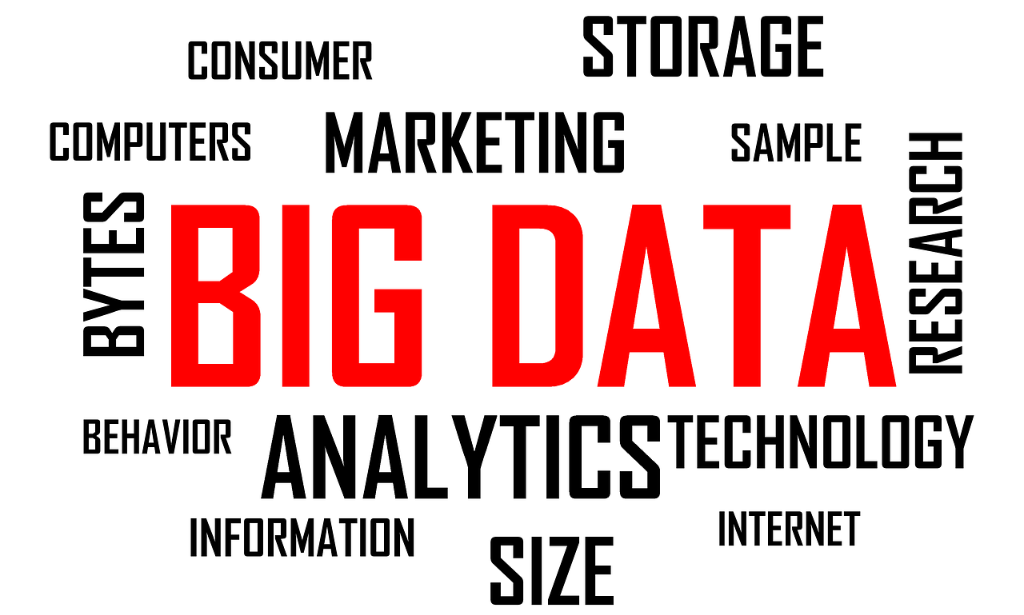

The data science industry in the UK is booming due to the country’s potent mix of academic excellence, technological innovation, and a strong start-up culture. Understanding the path to becoming a data scientist is essential, but first, it’s crucial to recognise the significance of this role in today’s digital economy. Businesses rely heavily on data-driven insights to strategise and optimise their operations, making data scientists indispensable.
Data scientists are responsible for collecting, organising, and analysing large sets of structured and unstructured data to identify patterns and trends. They then use this information to help businesses make informed decisions and accurate predictions.
Table of Contents
What Degree Do I Need to Become a Data Scientist?
To become a data scientist in the UK, it’s crucial to have a solid educational foundation. While there is no specific degree required for this field, most data scientists hold at least a bachelor’s degree in a related field such as computer science, mathematics, statistics or engineering. A master’s degree or PhD can also be beneficial, especially if you want to advance into leadership positions.
For individuals seeking a different career path, exploring how to become an interior designer in the UK can provide an intriguing alternative.
How much does a Data Scientist earn per year?
The average salary for a data scientist in the UK is around £50,000 per year, but this can vary depending on location, industry and experience. Entry-level positions typically start at £25,000 to £30,000 per year, while senior or lead data scientists earn upwards of £80,000 annually.
The Path to Becoming a Data Scientist in the UK Without Degree
For those who don’t have a background in data science, many universities in the UK offer postgraduate courses and certifications specifically tailored to the field.
Some of these include Data Science MSc at University College London, Data Science and Analytics MSc at Imperial College London, and Data Science for Business MSc at University of Warwick.
Becoming a data scientist in the UK requires a combination of technical knowledge, analytical skills, and business acumen. It’s not a straightforward path, but it’s achievable with dedication and hard work.
Here are the key steps you’ll need to follow:
Step 01: Build Your Foundation
Data science is an interdisciplinary field that combines elements of computer science, statistics, and business intelligence. You’ll need a solid understanding of these areas to excel in this field. You can start by pursuing a degree in computer science or mathematics, or opt for a more specialised data science degree.
Step 02: Develop Your Technical Skills
Data scientists utilise various tools and technologies to collect, clean, analyse, and visualise data. Some of the essential technical skills you’ll need to acquire include:
-
Programming languages: Python, R, and SQL are commonly used in data science.
-
Data analysis and visualisation tools: Familiarise yourself with tools like Pandas, NumPy, Tableau, and Power BI, creating infographics.
-
Machine learning and AI: Gain essential knowledge of machine learning algorithms and techniques like regression, classification, and clustering.
Understanding what an infographic is and how to use it effectively can significantly enhance the impact of your data storytelling.
Step 03: Master Statistical Methods
Data science is all about extracting insights from data, so a strong foundation in statistics is crucial. It would help if you were comfortable with concepts like probability, hypothesis testing, and regression analysis. You can also strengthen your statistical skills by taking courses or attending workshops.
Step 04: Gain Hands-On Experience
The best way to enhance your data science skills is by applying them to real-world projects. Participate in hackathons, join coding communities, and contribute to open-source projects. You can also look for internships or entry-level jobs that will give you hands-on experience.
Step 5: Develop Your Business Acumen
Data scientists don’t just deal with numbers and algorithms; they also need to understand the business context. This means identifying problems or opportunities that can be solved with data-driven solutions and effectively communicating findings to non-technical stakeholders.
Step 6: Stay Up-to-Date in the Field
Data science is a rapidly evolving field, so it’s essential to update your skills and knowledge continuously. Attend conferences, read industry blogs and publications, and participate in online communities to stay on top of the latest trends and advancements.

How to Find a Job as a Data Scientist?
After building a solid foundation in data science, it’s time to start your job search. Here are some steps you can take to find a job as a data scientist:
Building a Strong Portfolio and Network
Creating a portfolio of projects showcasing your data analysis, visualisation, and modelling skills is crucial. Participate in data science competitions, contribute to open-source projects, or tackle real-world data challenges to build your portfolio. Networking is equally important. Attend industry conferences and meetups and engage in online communities to connect with like-minded individuals and professionals in the field.
Job Application Tips and Strategies
Tailor your CV to highlight your data science skills and experiences. Be prepared to demonstrate your problem-solving abilities and analytical thinking during interviews. Showcase your portfolio and discuss specific projects you’ve worked on, explaining the processes you followed and the outcomes you achieved.
Additional Skills to Consider
In addition to strong technical skills, having a well-rounded set of soft skills can make you stand out as a data scientist. Excellent written and verbal communication skills are essential for effectively conveying complex information to non-technical stakeholders. Project management and time management skills are also valuable in a fast-paced data science environment.
Keeping Up with the Industry
The field of data science is constantly evolving, much like the continuous learning required in fields such as social work. To excel as a data scientist, staying updated on the latest tools, techniques, and industry trends is crucial.
This involves attending conferences, reading industry blogs and publications, and participating in online communities. Just as social care workers commit to understanding the dynamics of human behaviour, data scientists must dedicate themselves to expanding their knowledge base to keep pace with their ever-changing industry.
Additionally, consider pursuing certifications or further education in specialised areas to stay competitive in the job market.
Conclusion
Landing a job as a data scientist can be challenging, but with the right skills, experience, and strategies, you can stand out from the competition and secure your dream role.
Continuously develop and showcase your skills, network with professionals in the field, and stay updated on industry advancements to set yourself up for success in this exciting and ever-evolving field.
For those considering a career transition to become an Event Planner in the UK, exploring online courses and webinars tailored to event planning is a great way to start.
Overall, the key is to be proactive and persistent in your job search while continuously refining your data scientist skills. With these tips and strategies in mind, you’ll be on your way to landing your dream job in no time!
- All Courses
- Accounting & Finance61
- Admin, Secretarial & PA45
- Audio Books (Audio Course)100
- Business Skills154
- Design76
- Digital Marketing49
- DIY (Do It Yourself)53
- Employability237
- Food Hygiene & Safety18
- Health & Fitness65
- Health & Safety106
- Health & Social Care178
- Human Resource49
- It & Software Skills107
- Language27
- LIFESTYLE81
- MAKEUP & BEAUTY49
- Management128
- Marketing63
- Massage & Physiotherapy24
- Microsoft Office64
- Nonprofit & Charity57
- On Demand Courses49
- Personal Development122
- Photography31
- Psychology & Counselling93
- SEN (Special Educational Needs)23
- Teaching and Education95













